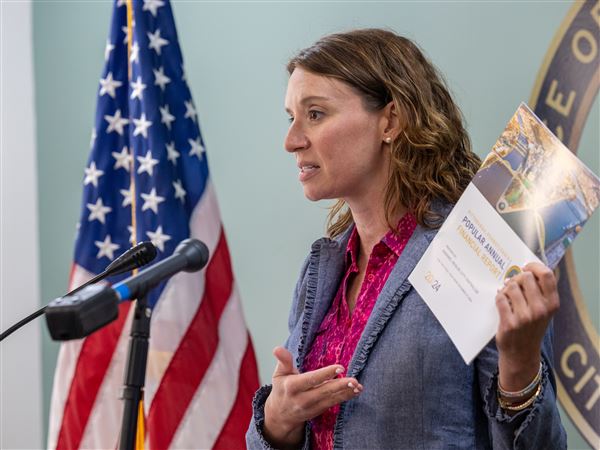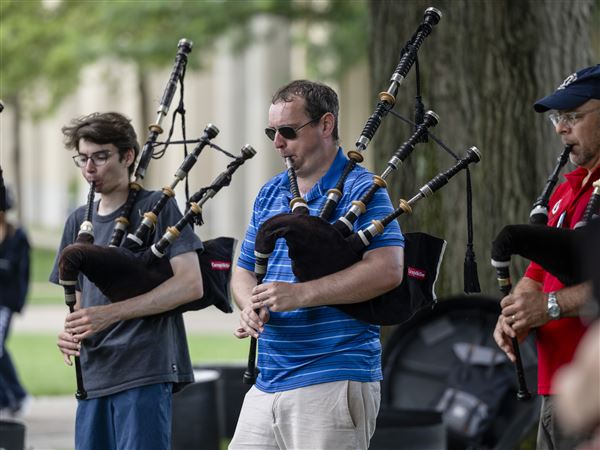Long familiar with a country accustomed to treating its symptoms rather than the underlying disease, Rosemary Edwards hopes that, with each visit to the ongoing disaster called Haiti, change is getting closer to Haiti.
She has made three trips there. A pathologist at Butler Memorial Hospital, Dr. Edwards taught a semester at a medical school in a remote town called Fondwa in 2006, then returned a year later to help at a hospital in Port-au-Prince.
In June, she was back.
"All around us, buildings were completely collapsed," she said.
Collapsed as well -- in many ways, never fully in place -- was the system of laboratories Haitians rely upon to diagnose diseases.
Part of a delegation from the American Society for Clinical Pathology, she joined a group of summer visitors who stopped to assess the labs at the Hopital Universitaire de l'Etat d'Haiti -- the hospital of the national university -- as well as the Hopital de la Paix -- the hospital of peace -- a major treatment center.
She found labs without running water, improvised equipment and specimen slides that were quickly washed and reused. The group's hope is to have a full inventory of what's out of place so agencies looking to help will know what to send.
In a country ravaged by AIDS, mired in poverty and flattened by an earthquake, a diagnostic lab is, like so much else in Haiti, what people can make of it. Private labs dot the cityscape of Port-au-Prince, most of them unaccredited. A clear diagnosis is often elusive.
"A lot of times, what you do in Haiti and other countries that don't have diagnostic services -- you end up treating symptoms. You're not sure what you're treating," Dr. Edwards said.
With the rainy season under way, only to give way later this summer to the hurricane season, and millions living beneath makeshift tents next to open trenches that serve as sewers, the prospect of disease looms.
"I think people are very afraid of what will happen with the rains," she said. "You can see what the camps are and a general lack of sanitation. And then the mosquito business ... "
The mosquitoes do a brisk business on the best of days in Haiti. Malaria and dengue fever are constant companions to Haitians. Add to that dismal catalog such recurring miseries as yaws -- a leprosy-like disease -- and hunger, and the need to know what Haitians are dealing with is as large as the landscape and as small as a microbe.
Oddly, some wounds, if quickly cleaned, often don't fester. For nearly a century, various writers and observers have remarked on the resilience of the Haitian constitution when it comes to battling infection.
"They are challenged by infections and often don't have antibiotics, so perhaps their bodies are better at fighting them off," Dr. Edwards said. "But I've also seen people who get no care with absolutely horrible infections."
She hopes to return to Haiti in September.
First Published: July 9, 2010, 4:00 a.m.














